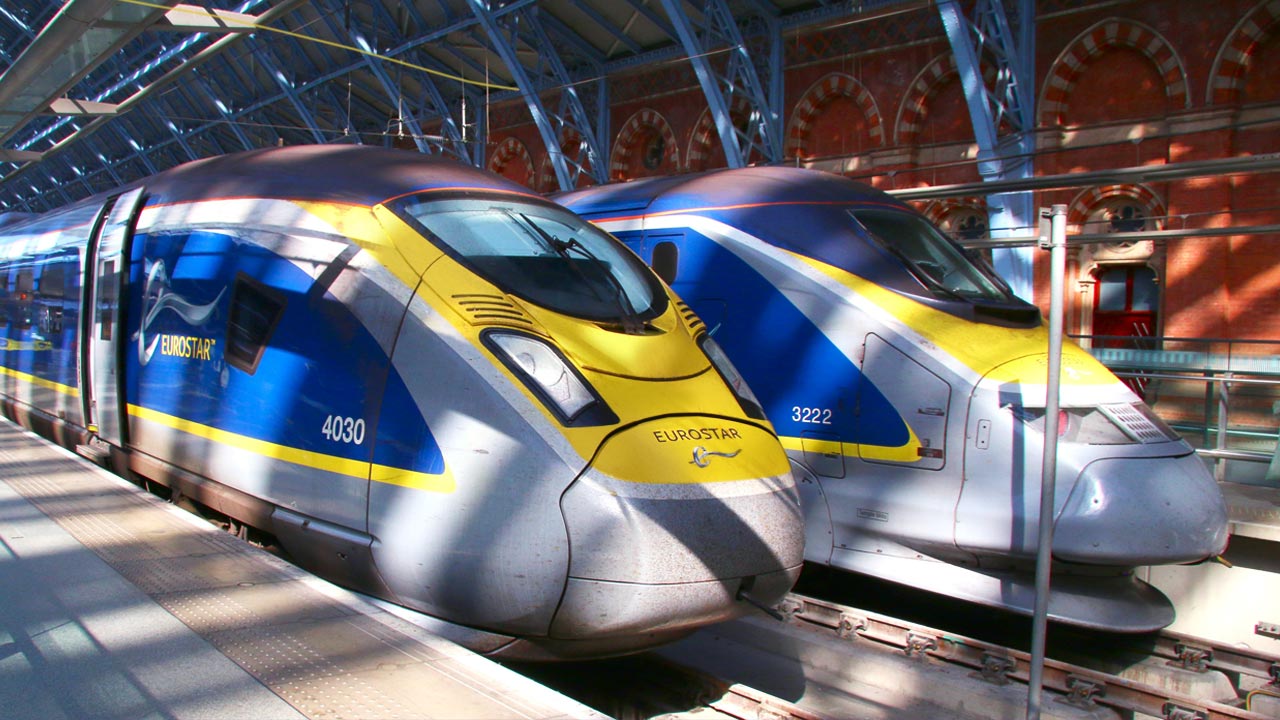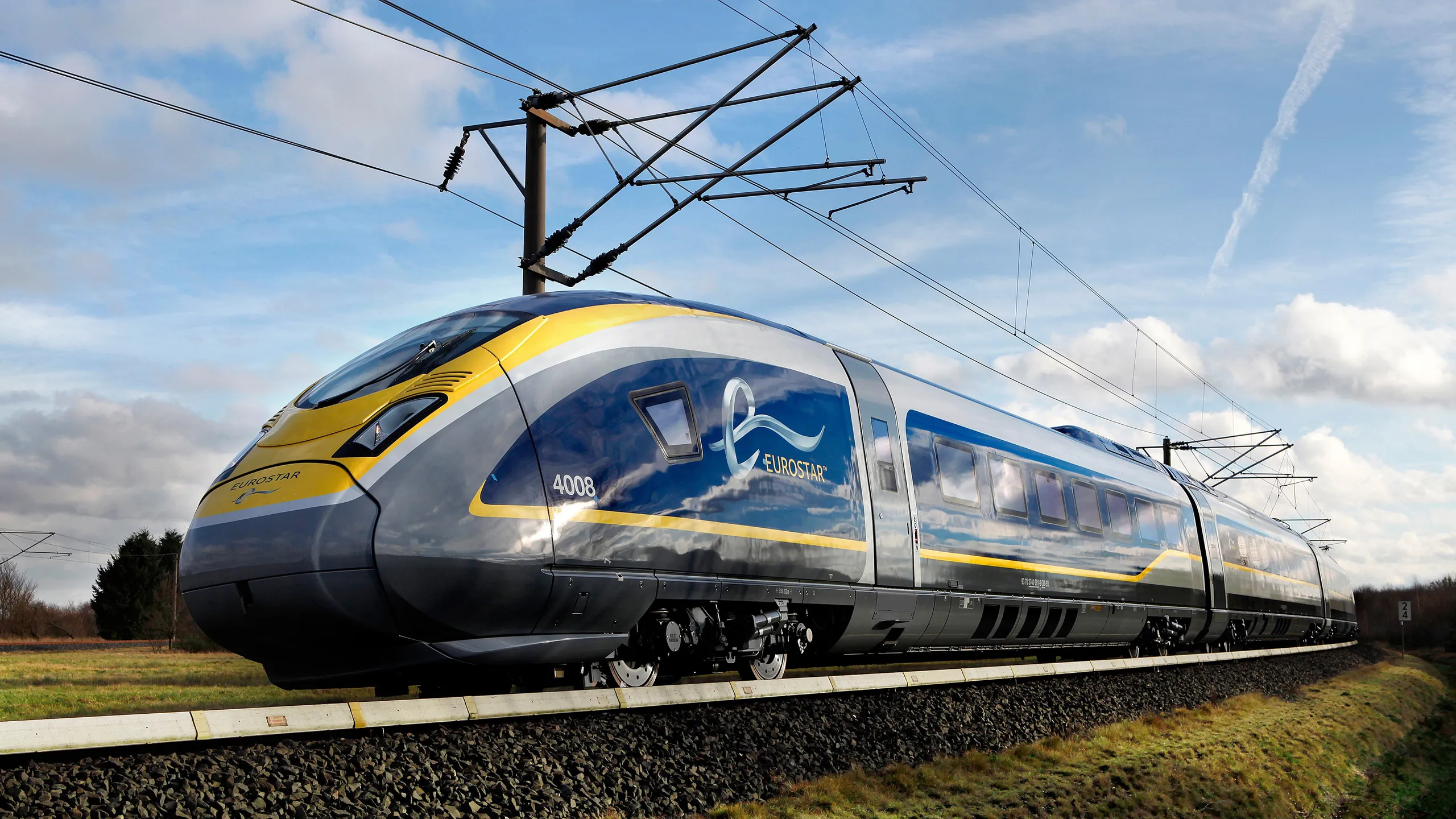Eurostar UK: Everything You Need to Know Before You Book
Planning a high‑speed trip from the United Kingdom to continental Europe? This guide explains, in one place, how Eurostar works for UK travellers: what the platform is, how to choose and book tickets, payment methods, exchange and refund rules, check‑in and border procedures, luggage allowances, travel classes, accessibility, and practical tips to save money and time. It is written to help you make confident, well‑informed decisions without marketing jargon.
What is Eurostar?
Eurostar is the cross‑Channel high‑speed passenger rail service linking the UK with mainland Europe via the Channel Tunnel. Trains typically depart from London St Pancras International and serve major city‑centre stations, such as Paris Gare du Nord, Brussels‑Midi/Zuid, Amsterdam Centraal, Rotterdam Centraal, and Lille Europe. Services are designed around fast city‑centre to city‑centre journeys, so you step off the train in the heart of your destination with onward local transport—metro, tram, bus, or taxi—just outside the station.
Why Eurostar is different from flying
- Time efficiency door‑to‑door: Security and pre‑departure checks are simpler than at airports and stations are central, which often shortens the total journey time.
- Comfort: Spacious seats, tables for laptops, power outlets, free Wi‑Fi on most services, and the ability to walk around the train during the journey.
- Lower carbon travel: Rail produces substantially fewer emissions per passenger‑kilometre than short‑haul flights.
- Simpler baggage: No liquid restrictions like aviation rules, and generous allowances without weighing cabin bags.
Key UK routes and typical journey times
- London ↔ Paris: about 2h 16m direct
- London ↔ Brussels: about 1h 53m direct
- London ↔ Amsterdam: about 3h 52m direct (some services may involve an easy change in Brussels or Rotterdam depending on the day)
- London ↔ Lille: from about 1h 20m
Times are indicative and can vary by timetable, engineering works, and operational constraints. Always check current schedules for your dates.
How to choose tickets: step‑by‑step
- Pick your destination and dates. If your plans are flexible, compare several days to spot lower fares. Fridays and Sunday afternoons are typically busier; mid‑week and early/late trains can be cheaper.
- Select the number of passengers and age groups. Fares are usually split into Adults, Youth (12–25), Children (0–11), Seniors (60+), and Infants (0–3 on lap). Youth and Senior categories can have special pricing on some services.
- Compare classes. Eurostar offers Standard, Standard Premier, and Business Premier. The differences are comfort, onboard service, lounge access, flexibility, and price (more detail below).
- Review fare conditions. Focus on change and refund rules, seat selection, and included services. A cheaper ticket with strict rules might cost more if you later need to change it.
- Choose departure times. Look at total journey time, connection risk (if any), and arrival station convenience for your accommodation or meeting.
- Check seat preferences. On many services you can request a single seat, table for two/four, power outlet location, or a coach that suits your needs (quiet areas vary by route and timetable).
Fare types and flexibility
Exact names change from time to time, but fares typically fall into three bands:
- Lowest/Advance fares: Best price, limited availability, usually non‑refundable and only changeable with a fee and any fare difference.
- Semi‑flex fares: Mid‑range price, more seats available, often changeable before departure (sometimes for a fee) and partially refundable depending on the route/date.
- Flexible fares: Highest price, fully changeable and generally refundable up to a specified deadline. Popular with business travellers who value flexibility.
Always read the specific conditions on the checkout page for your chosen train; rules can differ by route, date, class, and promotion.
Travel classes explained
- Standard: Comfortable, great value, reserved seat, access to the onboard café bar, Wi‑Fi and power on most trains.
- Standard Premier: More spacious seating, a light meal served at your seat on many services, and a quieter atmosphere—ideal for working or relaxing.
- Business Premier: The most flexible tickets, dedicated fast‑track lanes where available, lounge access in select stations, priority boarding, and enhanced meal service.
Payment methods
When booking online, most UK travellers pay with Visa or Mastercard debit/credit cards. American Express is widely accepted on major rail booking platforms. Modern checkout flows often support wallet options (such as Apple Pay or Google Pay) and sometimes PayPal. If you are paying with a corporate card, confirm whether 3‑D Secure verification is required, as your finance team may need to authorise the transaction.
Refunds, changes, and no‑shows
- Changing your ticket: Many fares allow date/time changes before departure, subject to a change fee and any difference in fare. Changes after departure are usually not permitted.
- Refunds: Flexible fares are typically refundable within a deadline; semi‑flex and advance fares may be partially refundable or non‑refundable. Refunds are issued by the original point of sale.
- No‑show: If you miss your train, your ticket is usually forfeited. Arrive early to allow time for security and border checks.
Tip: if you expect plans to move, compare the price difference between semi‑flex and flexible fares—paying a little more upfront can protect you from costly changes later.
Check‑in, security and border controls
For London St Pancras departures, arrive with enough time for security screening and passport control (UK exit and Schengen entry). Gates usually open well before departure and close approximately 15–30 minutes prior, but always follow the cut‑off printed on your ticket. Keep your passport ready and ensure your travel documents meet your destination’s requirements (including visas where applicable).
Luggage allowances
Eurostar’s luggage policy is generous compared with airlines. As a guide, adults can bring two pieces of luggage up to 85 cm in length plus one small item (handbag, backpack, or laptop bag). There are no liquid limits like aviation security, but you must be able to carry your own bags. Large items are stored in dedicated racks near the carriage doors; smaller items fit above your seat. Keep valuables with you at all times.
Bicycles, pushchairs, and mobility aids
- Bicycles: Folded bikes are generally allowed as standard luggage. Non‑folding bikes may require booking a special service—check current policy before travel.
- Pushchairs (strollers): Foldable pushchairs travel free in addition to your standard allowance.
- Wheelchairs and mobility scooters: Dedicated spaces are available on many trains; contact assistance services in advance to guarantee support at stations and on board.
Seating, power and Wi‑Fi
Most modern Eurostar trains provide power outlets at or near your seat and Wi‑Fi throughout the journey. Signal strength can vary in tunnels and rural areas. If you need to work, consider Standard Premier or Business Premier for extra space and a calmer environment.
Onboard food and drink
The onboard café bar sells hot and cold drinks, snacks and light meals. In Standard Premier and Business Premier, food and drinks are served at your seat on many departures (exact menu depends on route and time of day). You are welcome to bring your own food and soft drinks.
Accessibility and assistance
Passengers with reduced mobility can request station assistance for boarding and alighting, and many trains have designated wheelchair spaces and accessible toilets. If you use a mobility scooter or require a companion seat, contact assistance services in advance and arrive early to ensure a smooth experience.
Travelling with children
Children under 4 may travel on an adult’s lap free of charge (no separate seat). Discounted child fares typically apply from 4 to 11 years inclusive. Youth fares cover ages 12–25. Many families prefer seats around a table for four; book early for the best choice. Pack snacks, entertainment and remember European plug adapters for devices.
Pets
Pet policies vary by route and may change. Registered assistance dogs are generally accepted with the correct documentation. For other pets, check the latest rules before you book; some cross‑border routes do not accept animals beyond assistance dogs.
Travel documents after Brexit
UK nationals travelling to the EU should ensure their passports meet Schengen validity rules (usually less than 10 years old on the day of entry and with sufficient months remaining). Non‑UK nationals should check visa requirements and right‑to‑travel rules relevant to their nationality. Allow extra time at St Pancras for exit and entry checks during peak periods.
How to get the best price
- Book early: The cheapest fares sell first.
- Be flexible on times: Early morning, midday and late evening trains are often cheaper than peak commuter slots.
- Travel mid‑week when possible: Tuesdays and Wednesdays often price better than Fridays and Sundays.
- Consider Standard Premier only when it adds value for you: Sometimes a small supplement buys a much better work or rest environment.
Managing your booking
After purchase you’ll receive a booking reference. Use it to retrieve your reservation, change seats (where available), edit passenger details, or exchange your ticket if your fare allows. If you booked for a group, coordinate changes together so everyone remains on the same train and in nearby seats.
Station tips for London St Pancras International
- Arrive early and orient yourself: Eurostar departures are in the upper concourse. Food, pharmacy, and last‑minute travel essentials are available in the station arcade.
- Keep your passport and ticket handy to move quickly through security and border checks.
- Boarding is announced well in advance; watch the screens and head to the correct gate when called.
- If travelling with children or heavy bags, board as soon as your carriage is open to secure luggage space near your seats.
Exchanges and disruptions
Rail operations can be affected by weather, industrial action, or infrastructure works. If your service is disrupted, follow staff guidance in the station and watch for emails/SMS updates from your booking provider. Exchange rules are often relaxed during major disruptions, and alternative routes may be offered. Keep receipts if you incur reasonable additional costs, as you may be able to claim later under the carrier’s policy.
Data, privacy and tickets on your phone
Most travellers now use mobile tickets. Ensure your device is charged and that you can access your QR or barcode offline (screenshots help in areas with poor signal). Your personal data is handled by the booking platform and carriers according to their privacy policies; review these at checkout if you have concerns.
Health, safety and travel insurance
Carry any necessary medications in your hand luggage, bring a reusable water bottle, and consider travel insurance that covers missed connections, medical care abroad, and personal belongings. Although rail travel is generally reliable, insurance can be invaluable when plans change unexpectedly.
Summary checklist for UK travellers
- Documents: Valid passport and visas (if required)
- Arrival time: Be at St Pancras with time to spare for security and border checks
- Ticket rules: Know your fare’s change/refund conditions
- Luggage: Two large items (up to 85 cm) plus one small item; label your bags
- Seat and class: Choose the comfort and flexibility you need
- Payment: Use a supported card or wallet; complete 3‑D Secure if prompted
Ready to compare times and prices?
You can search departures, pick your class, and complete your booking securely online. If you prefer to finalise later, save your quote and return when you’re ready.
Search Eurostar Tickets
.jpeg)
